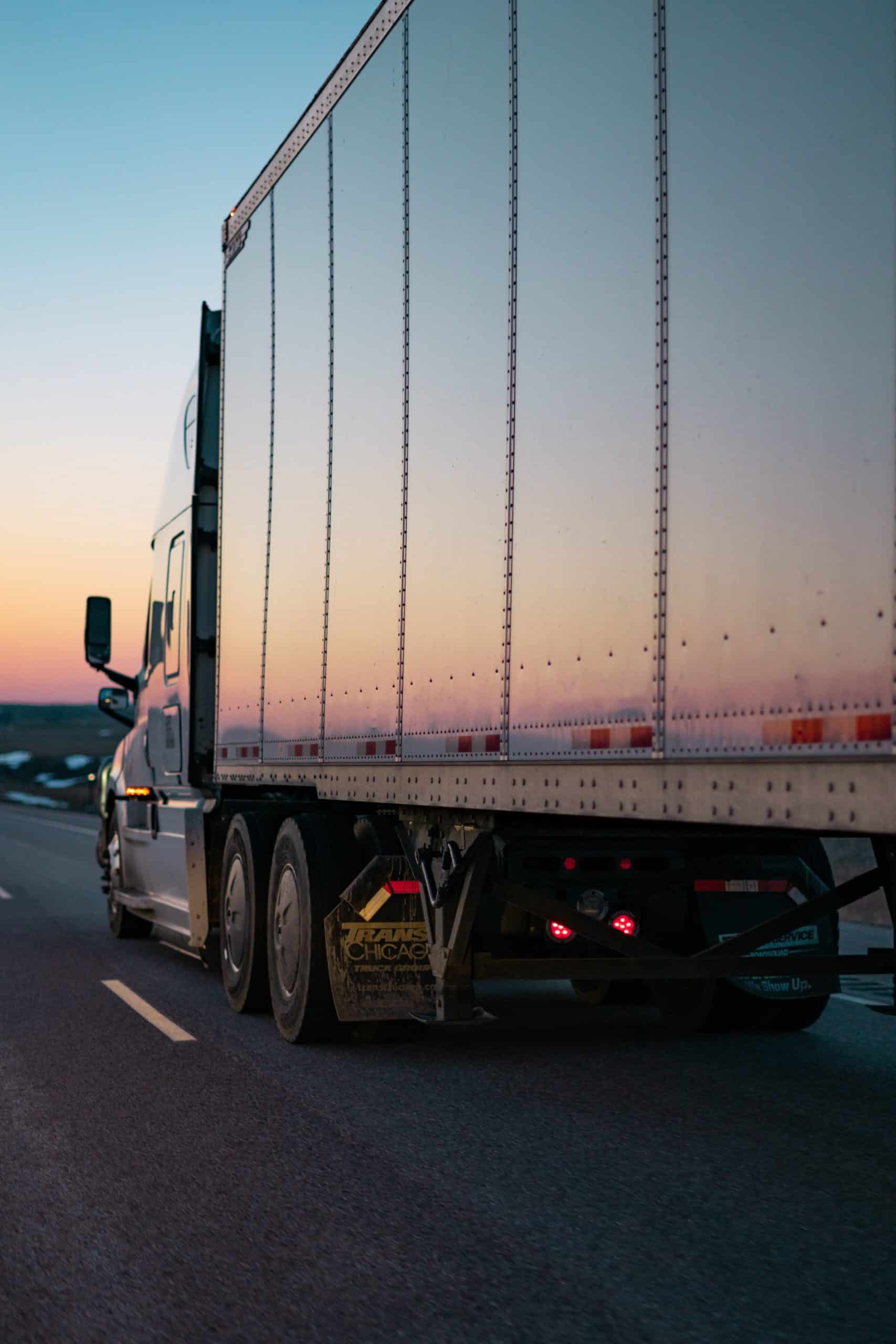3 FAQs About Taking Action Against a Motor Carrier

From drunk drivers to cargo loading contractors, there are a number of parties that could be deemed liable for a large truck crash. In most cases, however, the motor carrier—that is, the transportation company that operates the big rig—is to blame.
Generally speaking, employers are responsible for any damages that result from their employees while on the job. This includes motor carriers, who are almost always liable for accidents their drivers cause.
Trucking companies are also expected to maintain their fleets to a reasonably safe standard. As such, they’re often at fault for collisions attributed to mechanical malfunctions, as well.
Unfortunately for victims, however, taking action against a motor carrier is rife with challenges. Even the smallest transportation companies have the resources to challenge every claim that comes their way.
If you were hurt in a large truck crash, you’re probably worried about going up against such a strong opponent. You may also be wondering what doing so entails.
Let’s take a look at the answers to some of the most frequently asked questions about seeking compensation from a motor carrier:
1. How Do You Prove a Trucking Company Is Liable for an Accident?
Naturally, the strongest evidence that will support your personal injury claim will depend on the circumstances surrounding the crash. There are a few pieces of proof, however, that will most likely bolster your case, regardless of the situation. These include:
- Black box data,
- Driver’s logs,
- Eyewitness testimony,
- Photographs of the wreckage,
- Dash camera footage,
- Surveillance recordings,
- Maintenance logs, and
- The official police report.
2. How Long Do You Have to File a Lawsuit Against a Motor Carrier?
If the motor carrier’s insurer disputes liability, refuses to offer a fair settlement, or is otherwise uncooperative, filing a formal lawsuit may be the only way to seek the compensation you deserve—assuming the statute of limitations hasn’t passed.
In Florida, most personal injury actions must be brought within four years. There are a few exceptions to this filing deadline, however, that can shorten it considerably. As such, it’s wise to call an attorney as soon as possible after the crash, so you don’t lose the chance to pursue what is rightfully yours.
3. What Kinds of Damages Does a Motor Carrier Have to Cover When They’re Liable for a Wreck?
Florida tort law recognizes both economic and non-economic damages. That means as long as you build a strong case against the motor carrier, you can seek compensation for the following:
- Lost wages,
- Medical bills,
- Property repairs,
- Reasonable and necessary replacement services,
- Emotional distress,
- Diminished quality of life, and
- Pain and suffering.
Call (727) 821-1500 to Speak with a Truck Accident Attorney in Florida
Were you seriously hurt in a large truck crash? Are you worried about going up against the motor carrier in pursuit of compensation? Fortunately, you don’t have to do so alone. For help at every stage of the proceedings, you can count on Emerson Straw.
We have secured more than $27 million for victims of personal injury and wrongful death. To arrange your free initial consultation with one of our Florida truck accident lawyers, call (727) 821-1500 or submit the Contact Form on our website.
